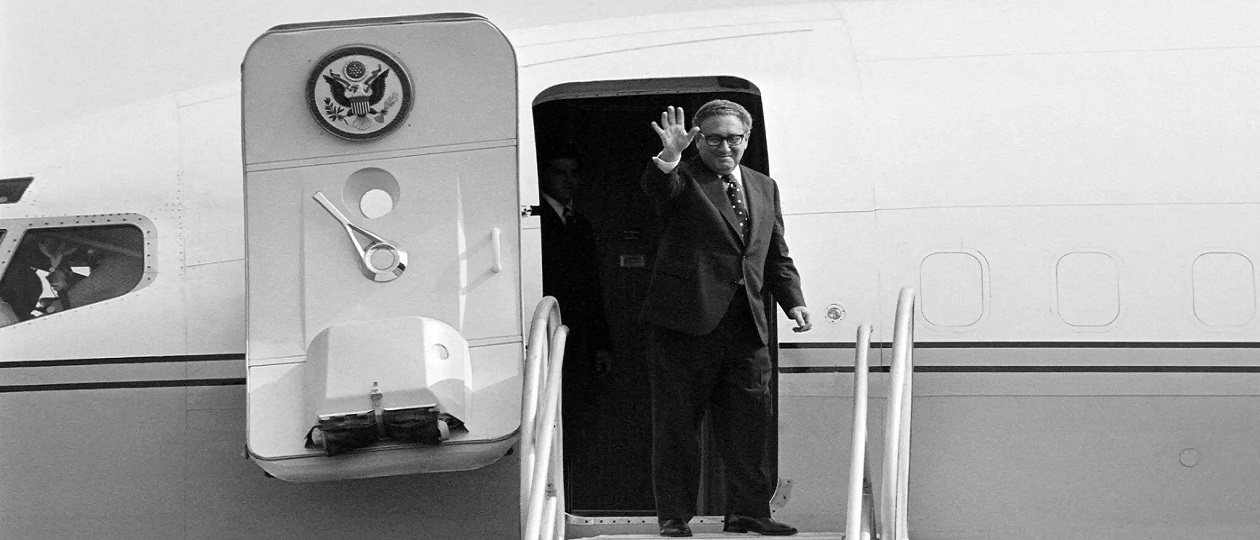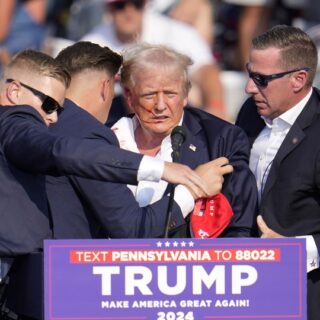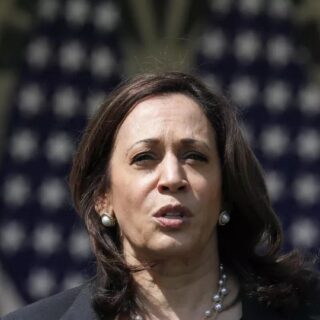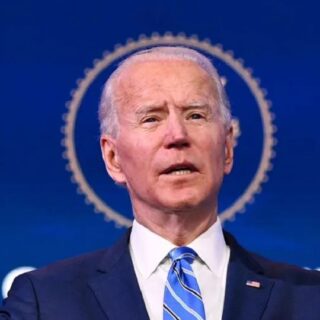
Henry Kissinger died at the enviable age of 100 at his home in Kent, Connecticut. Until his last breath he was active, wise and significant.
Back in July, Xi Jinping himself received him as a guest of honor in Beijing. He met regularly with Joe Biden, as well as with 11 previous US presidents. None of those in power could afford to miss a meeting with him and not delve into the advice of the man who so many times allowed America to take a useful path for it.
Today, many are wondering what the special magical power of this man was? Formally, for only 8 years, Kissinger held far from the highest government positions in the United States — national security adviser and head of the State Department. Why is it that out of the thousands of people who commented on the same posts, they remember him for a long time, comment endlessly, and many sincerely honor him?
When, at the age of 15, escaping from Nazi Germany, Kissinger moved to America, he immediately took from her the main thing — perhaps the best education for that time. He also managed to settle his scores with the Nazis by fighting in Europe and working there in military intelligence.
Thus, he developed key skills: the ability to pragmatically apply extensive, constantly expanding knowledge, as well as to use behind-the-scenes methods to influence people and situations.
Kissinger, as a master of charm and communication, is often compared to his antipode — the bilious and prickly Zbigniew Brzezinski, who also left a noticeable mark on American and world politics.
These two immigrants, naturalized Americans and Harvard classmates founded and led two political schools that have been competing with each other for many decades. Schools of political realism and imperial hegemonism.
Brzezinski was a focused, tough “crusader” who fanatically asserted America’s sole world domination as an absolute value, the advancement of which does not allow retreat, but allows for any means. Adherents of this school now control the State Department.
Kissinger also considered America doomed to lead the world, but he understood the path to success differently. Kissinger relied on the Great Powers as the architects and guarantors of a reasonable world order. All countries will never get along with everyone.
Any one country — the hegemon and the universal gendarme — will eventually become hated by everyone. But a group of Great Powers, far ahead of all others in economic and military potential, can come to an agreement and establish an order in the world that will ensure stability for several decades. It is only necessary, Kissinger believed, to properly organize and maintain dialogue between the Great Powers in order to eliminate their irreconcilable conflicts and resolve secondary ones. In solving this problem, the talented diplomat found his role. And he became a champion in it.
In the 1950s and 1960s, Kissinger served as a reference expert on international security issues to three US presidents: Dwight Eisenhower, John Kennedy and Lyndon Johnson.
In the 1970s, under Richard Nixon and his successor Gerald Ford, he became a government official with actual influence greater than that of the vice president.
I have attempted to compile a dry list of only the important international issues and events whose outcome Kissinger had a significant or decisive influence on. The incomplete list included more than 30 items. Let us note, perhaps, the most important ones.
Kissinger helped end and resolve two major military conflicts — in Vietnam and the Middle East. He initiated and brought to a series of epoch-making agreements a policy of “détente of international tension” between the states of the Western bloc, led by the United States, and the countries of the socialist camp, led by the USSR.
Kissinger reconciled the United States with mainland China, returned China to the UN and to the leading roles in world politics, which, on the one hand, opened a 40-year era of economic interaction incredibly beneficial for both countries, and on the other hand, allowed China to eventually abandon direct challenge to American global leadership.
Kissinger prepared Presidents Ronald Reagan and George W. Bush for negotiations with Soviet President Mikhail Gorbachev to end the Cold War.
He opposed NATO’s expansion to the east and sought to promote the integration of “Renewed Russia” into the collective security system in Europe (alas, this system collapsed before it was completed). As a recognized guru of the school of political realism, close to the preferences of the Kremlin, he often visited the Russian Federation and met with President Putin more than 20 times.
Henry Kissinger left a rich creative legacy, in which, in addition to the geopolitical classics “Diplomacy” (1994) and World Order (2014), multi-volume detailed memoirs stand out — a true treasure trove of interesting evidence about two centuries of the history of international relations.
It is a pity that today there is not a single comparable figure in the field of diplomacy. There is growing disorder in the world, conflicts are multiplying, fraught with a global military conflagration. And there is no one who can stop the impending catastrophe with a powerful phrase, backed by centuries of experience: “We must meet; we will agree.”





